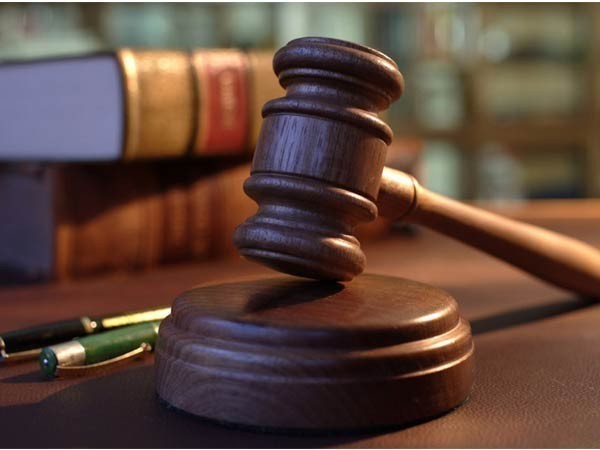Indian court prohibits large religious gathering at mosque after Hindu idols found-lawyers
A court in north India on Monday ordered authorities to limit large Muslim prayer gatherings in the historic Gyanvapi mosque after a survey team found relics of the Hindu god Shiva and other Hindu symbols there, lawyers involved in the case said. Earlier this month, the court in Varanasi set up a team to survey the premises after five women sought permission to perform Hindu rituals in one of its quarters saying that a Hindu temple once stood at the present Islamic site.

- Country:
- India
A court in north India on Monday ordered authorities to limit large Muslim prayer gatherings in the historic Gyanvapi mosque after a survey team found relics of the Hindu god Shiva and other Hindu symbols there, lawyers involved in the case said.
Earlier this month, the court in Varanasi set up a team to survey the premises after five women sought permission to perform Hindu rituals in one of its quarters saying that a Hindu temple once stood at the present Islamic site. Members of hardline Hindu groups believe that Islamic invaders and Muslim kings during their 200 years of rule destroyed Hindu temples to build mosques or mausoleums on top of them as part of their expansionist strategy in the subcontinent.
The Gyanvapi mosque, located in the political constituency of Prime Minister Narendra Modi, is one of the three large mosques in northern Uttar Pradesh. Prominent groups believe it was built after demolishing a historic temple. Lawyer H. S. Jain, who represented the female petitioners, told the court that the survey team had found relics of Shiva and other Hindu symbols there. The judge banned Muslims from holding large prayer gatherings inside the mosque.
Police said the court order would help maintain law and order at a time when hardline Hindu groups tied to Modi's political party had amplified their demands to excavate inside some mosques and to permit searches in the Taj Mahal mausoleum. In 2019, the Supreme Court allowed Hindus to build a temple at the site of the disputed 16th-century Babri mosque that was demolished by Hindu crowds in 1992 who believed that it was built on the spot where Hindu Lord Ram was born.
The incident led to religious riots that killed nearly 2,000 people, mostly Muslims, across India. Leaders of India's 200 million Muslims see the latest move as another attempt by hardline Hindus to undermine their rights to free worship and religious expression, with the tacit agreement of Modi's ruling Hindu nationalist Bharatiya Janata Party (BJP).
(This story has not been edited by Devdiscourse staff and is auto-generated from a syndicated feed.)
ALSO READ
Indian talent in IT sector will play important role in bringing jobs to India: Anurag Thakur
Indian-origin Singaporean minister emphasises importance of introducing children to Tamil language
Indian child sex offender arrested after Maryland courts give light sentences: ICE
Baba Tarsem Singh murder: Uttarakhand Police arrest four for 'aiding' accused shooters
'No ground' for Indian request for return of Kachchatheevu: Lanka Minister










